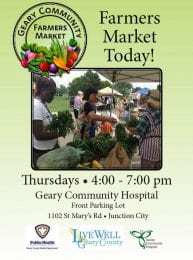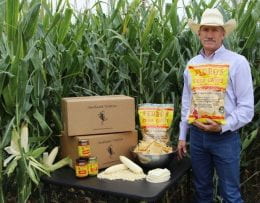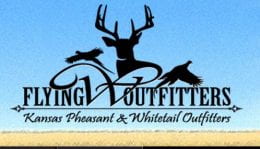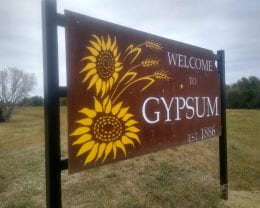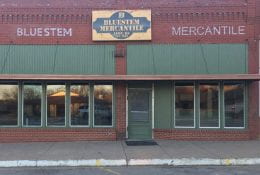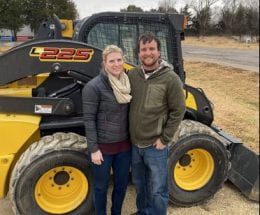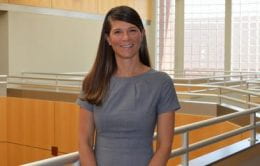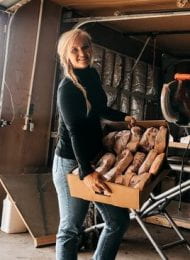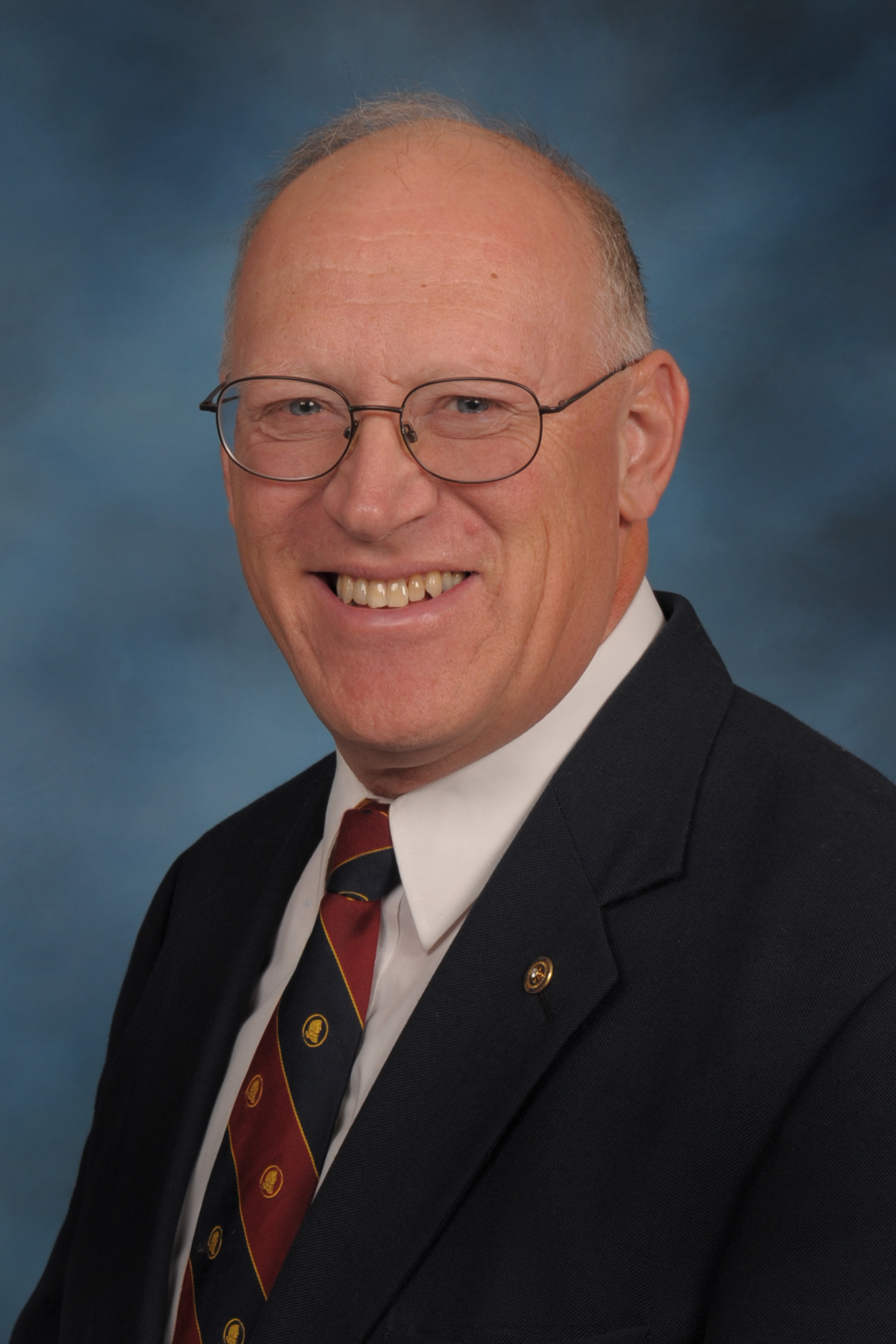By Ron Wilson, director of the Huck Boyd National Institute for Rural Development at Kansas State University.
With all of the challenges around us, would you like to hear about a bright spot for a change? Today we’ll learn about a new initiative which is indeed a bright spot – in fact, it is even named the BRITE Center. It is an innovative effort to help businesses grow, including exporting to international markets.
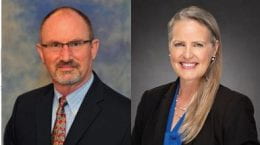
Under the direction of Laurie Pieper and Karl Klein, Washburn University has launched a new initiative called the BRITE Center. BRITE is an acronym for Business Resources for Innovation, Technology, and Exporting. Karl and Laurie are also director and assistant director, respectively, of the Washburn University Small Business Development Center or SBDC. Karl is based in Topeka, and Laurie is based in Manhattan. Both had extensive small-business ownership experience before assuming their current roles.
The BRITE Center began in January 2021. “We’re seeking to address specific needs such as those of innovation and technology companies,” Laurie said. “We also want to deliver higher value services to businesses with the potential to export,” Karl added. Continue reading “Laurie Pieper and Karl Klein, BRITE Center”
